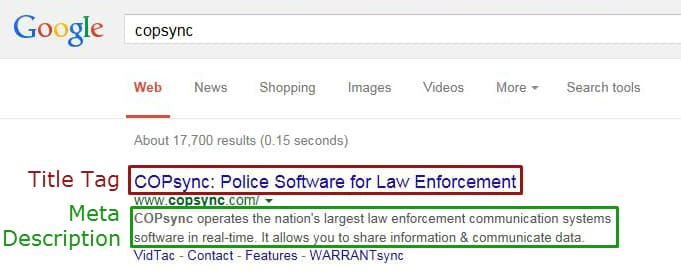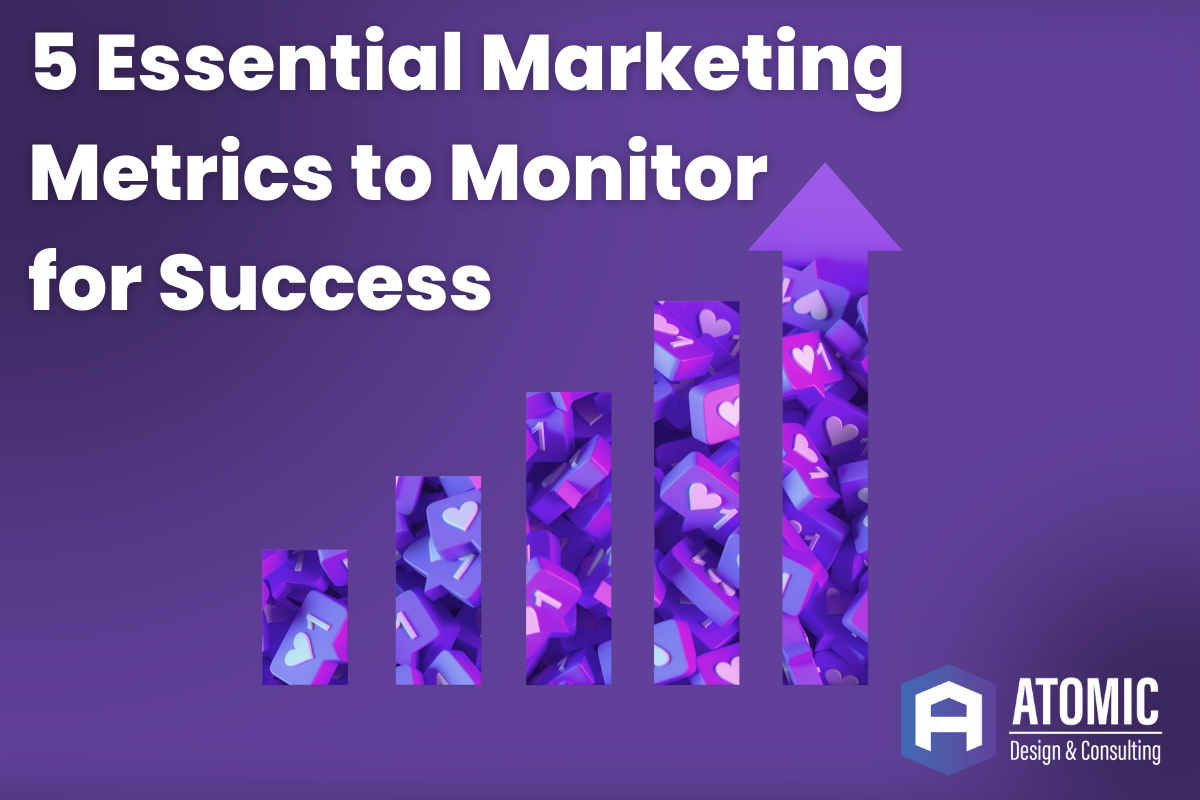
For savvy CMOs and marketing managers, data is gold; platinum even. Understanding and tracking the right marketing metrics can be the difference between success and failure. Or worse, knowing you succeeded or failed, but not knowing why. In this quick guide, we’ll dive into the five critical marketing metrics that you should be monitoring every week to ensure your marketing efforts are not just fruitful, but also forward-thinking.
1. Website Traffic: The Pulse of Your Online Presence
Why It Matters:
Website traffic is the lifeblood of your digital presence. It’s a clear indicator of how well your SEO, content marketing, and social media strategies are performing. Monitoring your website traffic weekly gives you insights into the effectiveness of your marketing campaigns and helps you understand your audience’s preferences.
- 70% of consumers learn about businesses through online searches. This highlights the importance of tracking website traffic, social media engagement, and search engine ranking.
What to Look For:
Pay attention to the number of visitors, the source of your traffic (organic, direct, referral, social, or paid), and the behavior of these visitors on your site. Are they engaging with your content? Which pages are they spending the most time on? This data will help you refine your strategies and enhance user experience.
2. Conversion Rate: Turning Visitors into Customers
Why It Matters:
Traffic alone doesn’t guarantee success; what matters is how many visitors are converted into leads or customers. Conversion rate is a crucial metric that measures the effectiveness of your call-to-actions (CTAs), landing pages, and overall user experience.
What to Look For:
Track the percentage of visitors who take a desired action, like filling out a form, signing up for a newsletter, or making a purchase. Identify which channels bring the highest conversion rate and focus on optimizing them. Experiment with different CTAs, landing page designs, and content to see what resonates best with your audience.
3. Customer Acquisition Cost (CAC): Measuring Investment Efficiency
Why It Matters:
Understanding how much you spend to acquire a new customer is vital for assessing the efficiency of your marketing efforts. CAC helps you determine whether your marketing strategies are cost-effective and sustainable in the long run.
What to Look For:
Calculate your CAC by dividing the total cost of your marketing efforts by the number of customers acquired in that period. If your CAC is high, it’s time to reevaluate your marketing strategies and channels. Aim to lower your CAC while maintaining or improving the quality of your leads.
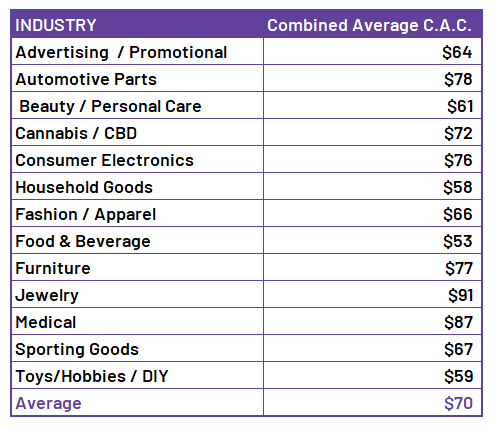
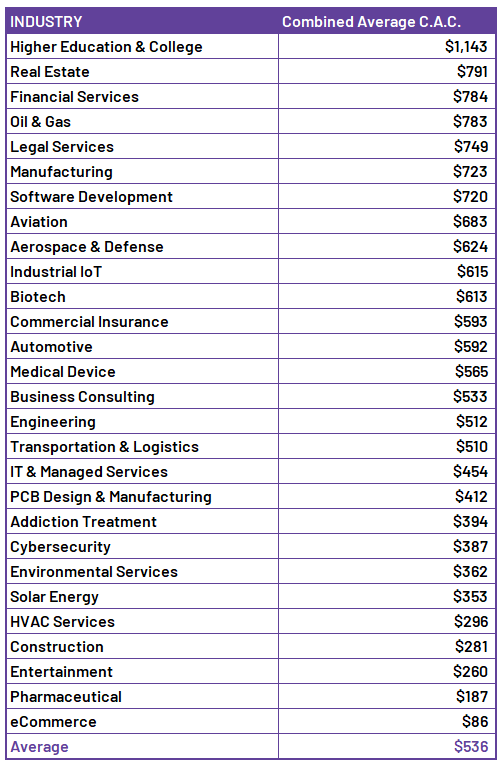
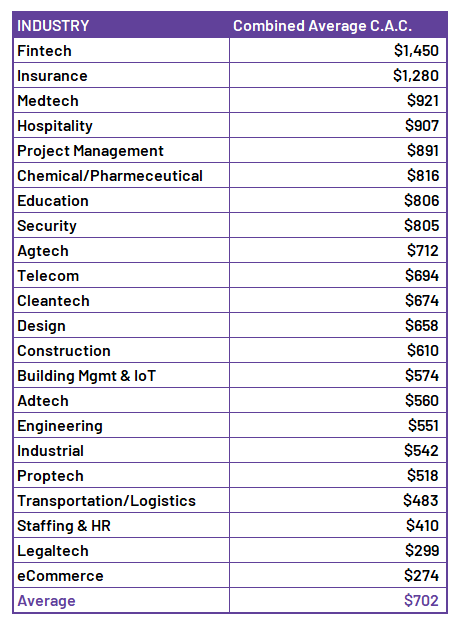
Stats from userpilot.com
4. Customer Lifetime Value (CLV): Predicting Long-Term Value
Why It Matters:
CLV predicts the total value a customer will bring to your business over the course of their relationship with you. This metric is essential for making informed decisions about how much to invest in customer retention and acquisition.
- Acquiring new customers can be up to 25 times more expensive than retaining old ones.
What to Look For:
To calculate CLV, consider the average purchase value, purchase frequency, and customer lifespan. Understanding CLV helps in tailoring your marketing strategies to increase the value you derive from each customer, thereby maximizing marketing ROI.
5. Social Media Engagement: Gauge Brand Sentiment
Why It Matters:
In today’s digital age, social media is a powerful tool for brand building and engagement. Tracking social media metrics gives you a direct line of sight into how your brand is perceived and engaged with online.
What to Look For:
Monitor likes, shares, comments, and mentions to understand how your content is resonating with your audience. High engagement rates often indicate strong brand affinity and customer loyalty. Use these insights to drive your content strategy and build a stronger connection with your audience.
The Power of Data-Driven Digital Marketing
In conclusion, these five marketing metrics offer a comprehensive view of your marketing performance. By monitoring them on a weekly basis, you can make informed, intelligent decisions that drive your business forward. Remember, in the business of digital marketing, staying data-driven is not just a strategy, it’s a necessity for success.
Need Specific Help?
Interested in a specific topic? Review the topics below to get the info, news, and tips you need!


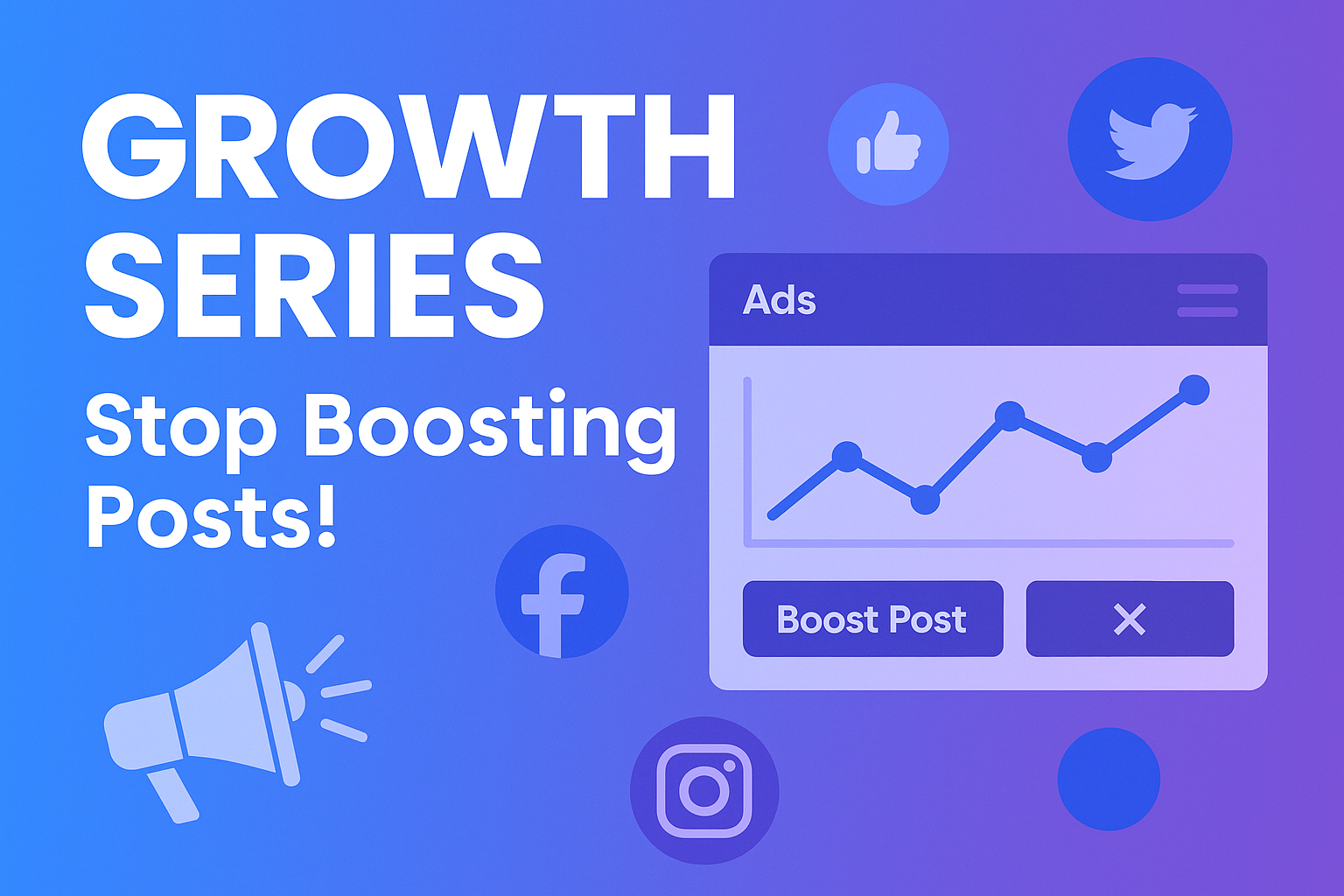
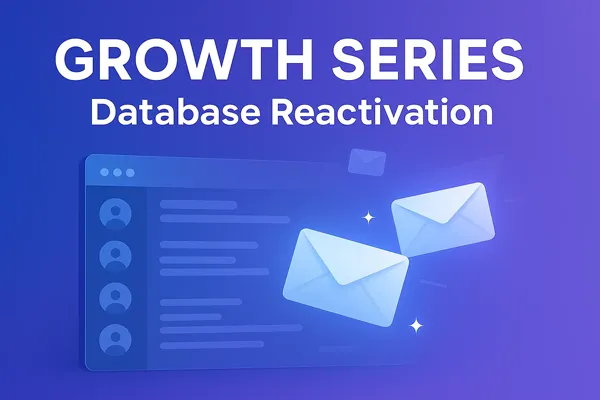













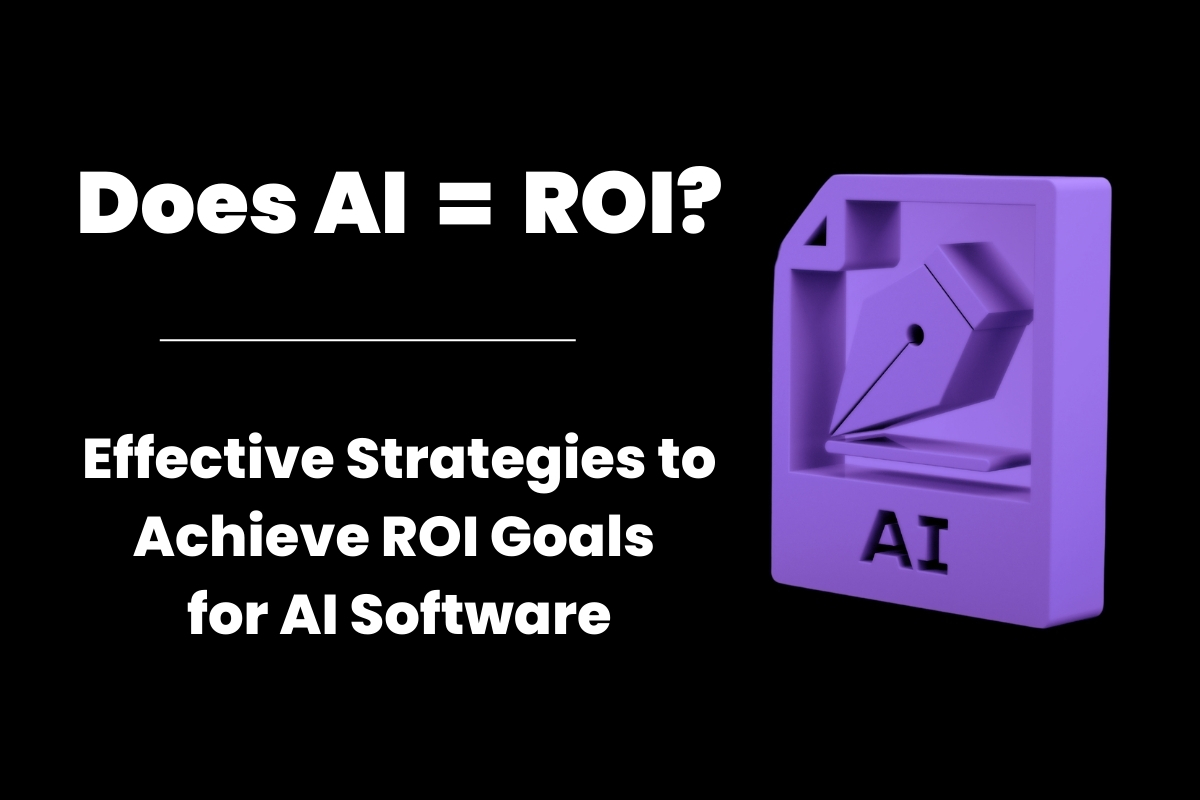






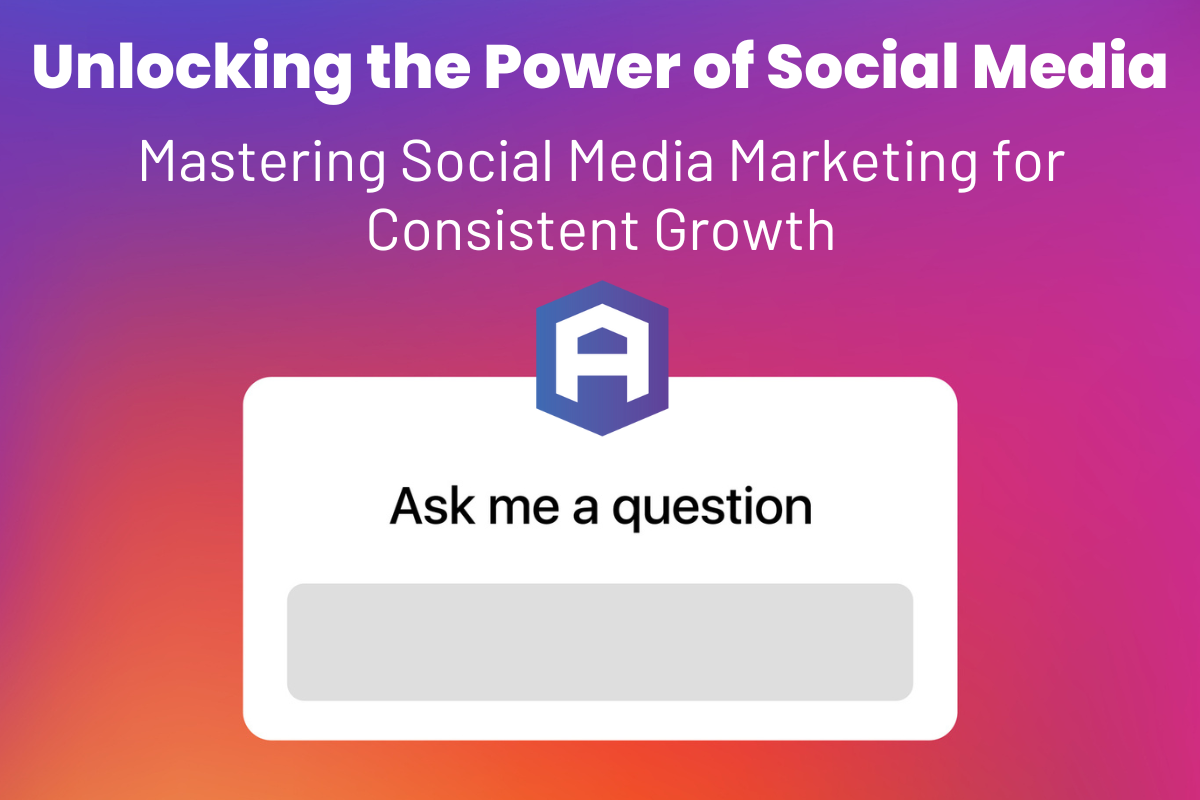




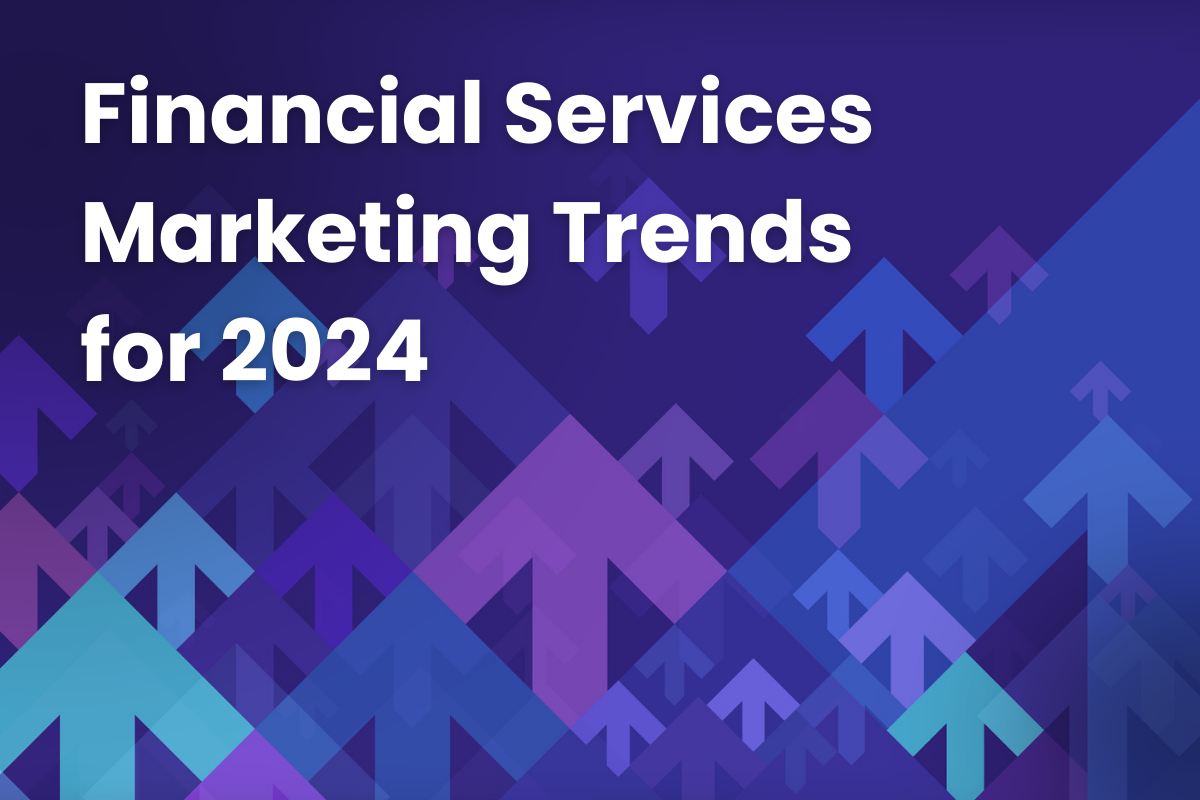





















![HubSpot Partner Day 2019 [Recap] 55 ADC partner day 1200x630 1](https://www.atomicdc.com/wp-content/uploads/2019/09/ADC-partner-day-1200x630-1.jpg)



![30 Awesome HubSpot Tools That Won’t Cost You a Dime [Free Inbound Marketing Tools] 59 30 hubspot tools that won't cost you a dime](https://www.atomicdc.com/wp-content/uploads/2019/06/ADC-30-hubspot-tools.jpg)




































































